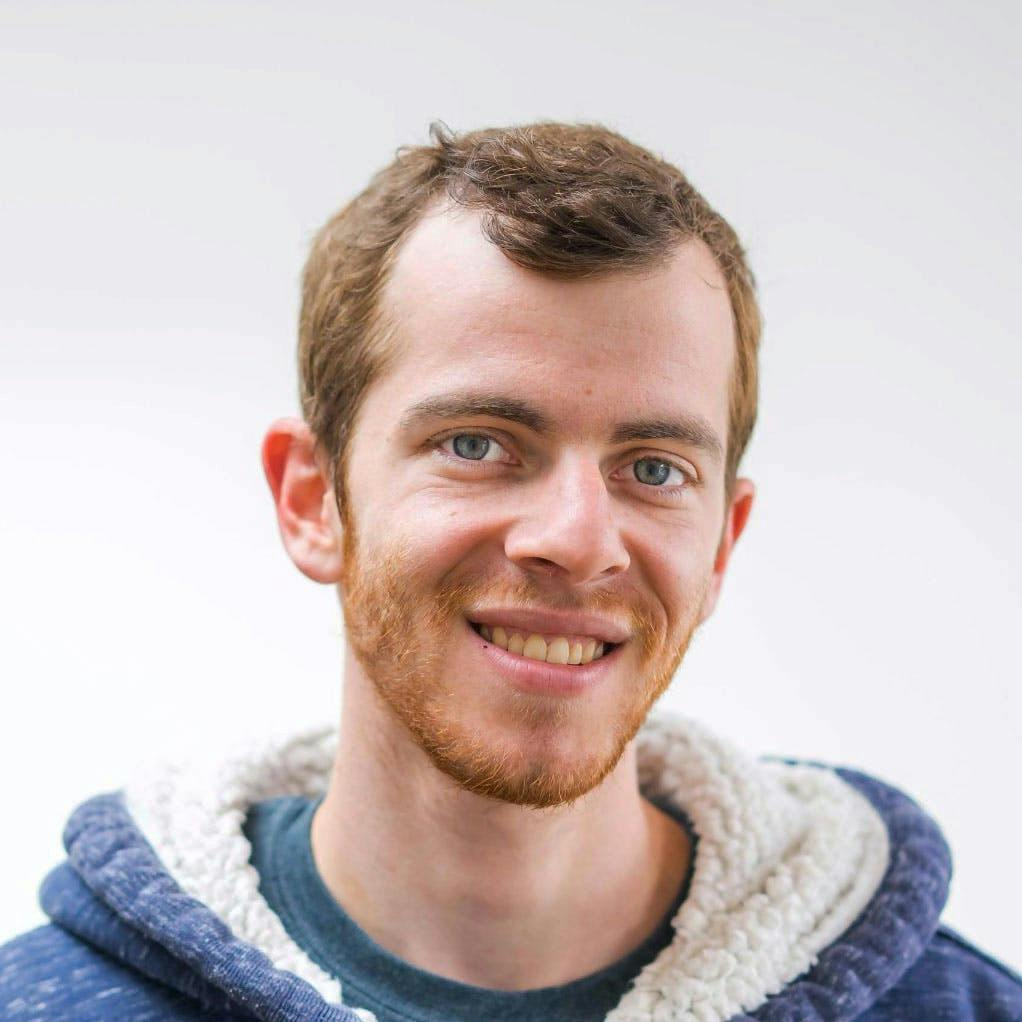Routine in Quarantine: The Upside of a Pandemic
If you’ve ever taken an Econ 101 class, you’re familiar with the concept of opportunity cost. It’s the idea that, when making decisions, you should always consider what else you could be doing. Essentially, opportunity cost is about the value of time, captured by the phrase time is money.
Of course—as it originates in the world of economics—opportunity cost doesn’t touch on concepts like memory or perception. But what if our goal was to maximize the length of our psychological lives rather than the size of our bank account? In that case, when choosing between experiences, we would have to consider the memories that each experience would beget. A slogan for this kind of experiential opportunity cost could be time is memory.
In a previous article, I discussed some of the psychological quirks that warp our perception of time. One of the takeaways was that novel experiences expand our perception of time, whereas routine ones contract it. We can choose to break out of our routine every now and again, and take that vacation to Venice. By doing so, we accrue new memories, and our psychological history lengthens. From this perspective, a life spent in the doldrums of routine seems downright wasteful. Still, since most of us value routines, habits, rituals, and skill-building, something seems to be missing from this picture. We can’t shake off the niggling suspicion that psychological time maximization—in the form of memory-collecting—shouldn’t be our single, overarching goal.
References
[1] Kahneman, D., & Riis, J. (2005). Living, and thinking about it : two perspectives on life. Thinking, 285–304. https://doi.org/10.1016/j.ijheatmasstransfer.2006.02.047
[2] Kahneman, Daniel. “Transcript of ‘The Riddle of Experience vs. Memory.’” TED, www.ted.com/talks/daniel_kahneman_the_riddle_of_experience_vs_memory/transcript?language=en.
[3] Ericsson, K. A., & Ward, P. (2007). Capturing the naturally occurring superior performance of experts in the laboratory: Toward a science of expert and exceptional performance. Current Directions in Psychological Science, 16(6)
[4] Csikszentmihalyi, M. (2009). Flow: The psychology of optimal experience. New York: Harper Row.
[5] Harlow, H. F., Harlow, M. K., & Meyer, D. R. (1950). Learning motivated by a manipulation drive. Journal of Experimental Psychology, 40(2), 228–234.
[6] Deci, E. L. (1972). Intrinsic motivation, extrinsic reinforcement, and inequity. Journal of Personality and Social Psychology, 22(1), 113–120.
[7] Ryan, R. M., & Deci, E. L. (2000). Self-Determination Theory and the Facilitation of Intrinsic Motivation, Social Development, and Well-Being, 55(1), 68–78
About the Author
Jeremy Koloski
Jeremy is fascinated by the exploration of the human mind and human behavior. At the core of his thought are the big philosophical questions—why are we here, how did we get here, where are we going, and what is consciousness? He sees the arts and sciences as distinct, yet equally valuable tools with which to pick apart these fundamental, yet often intractable, mysteries. His software engineering background provided him with insight into the computational element of human behavior. To bridge the gap between the cold, packaged world of coding and the messy, shifting landscape of human behavior, he moved to London and completed a Master’s of Science in behavioral economics. Influenced by positive psychology, psychotherapy, nudge theory, and the biases and heuristics model, Jeremy is motivated to translate scientific insights to the public in order to help people help themselves. His master’s thesis attempted to uncover some of the factors leading people to squander their leisure time by participating in activities that they find meaningless and unproductive rather than restorative and future-oriented. His overarching goal is to shed light on the human condition, and in doing so, relieve pointless human suffering while maximizing human flourishing. In his free time, Jeremy composes music, writes short stories, and dabbles in wildlife photography.
About us
We are the leading applied research & innovation consultancy
Our insights are leveraged by the most ambitious organizations
“
I was blown away with their application and translation of behavioral science into practice. They took a very complex ecosystem and created a series of interventions using an innovative mix of the latest research and creative client co-creation. I was so impressed at the final product they created, which was hugely comprehensive despite the large scope of the client being of the world's most far-reaching and best known consumer brands. I'm excited to see what we can create together in the future.
Heather McKee
BEHAVIORAL SCIENTIST
GLOBAL COFFEEHOUSE CHAIN PROJECT
OUR CLIENT SUCCESS
$0M
Annual Revenue Increase
By launching a behavioral science practice at the core of the organization, we helped one of the largest insurers in North America realize $30M increase in annual revenue.
0%
Increase in Monthly Users
By redesigning North America's first national digital platform for mental health, we achieved a 52% lift in monthly users and an 83% improvement on clinical assessment.
0%
Reduction In Design Time
By designing a new process and getting buy-in from the C-Suite team, we helped one of the largest smartphone manufacturers in the world reduce software design time by 75%.
0%
Reduction in Client Drop-Off
By implementing targeted nudges based on proactive interventions, we reduced drop-off rates for 450,000 clients belonging to USA's oldest debt consolidation organizations by 46%




















